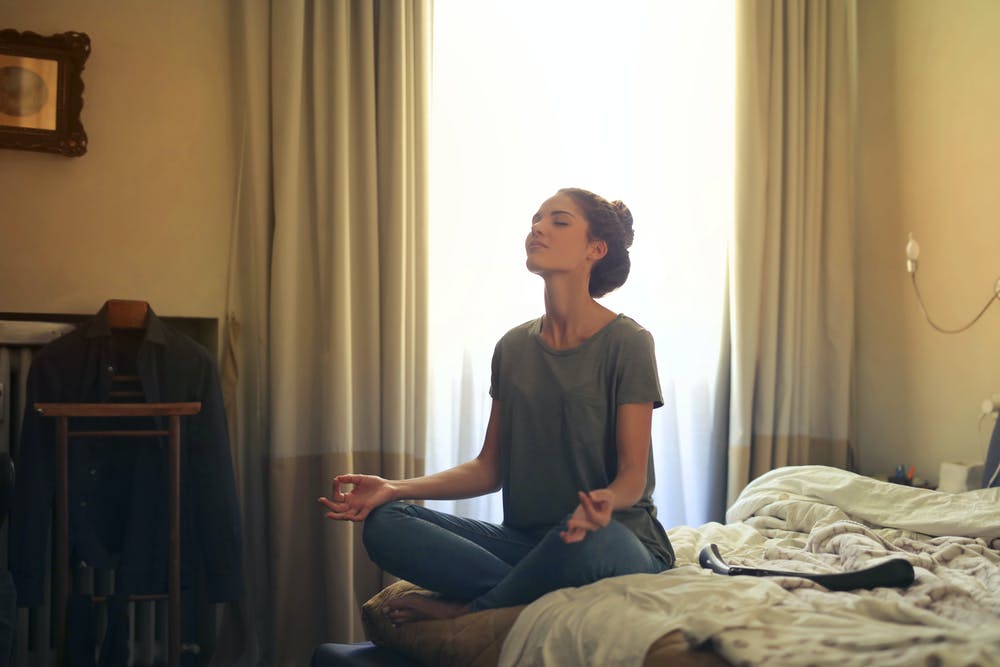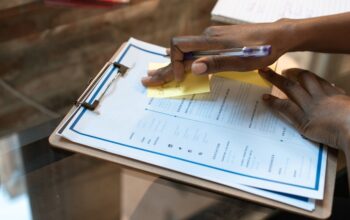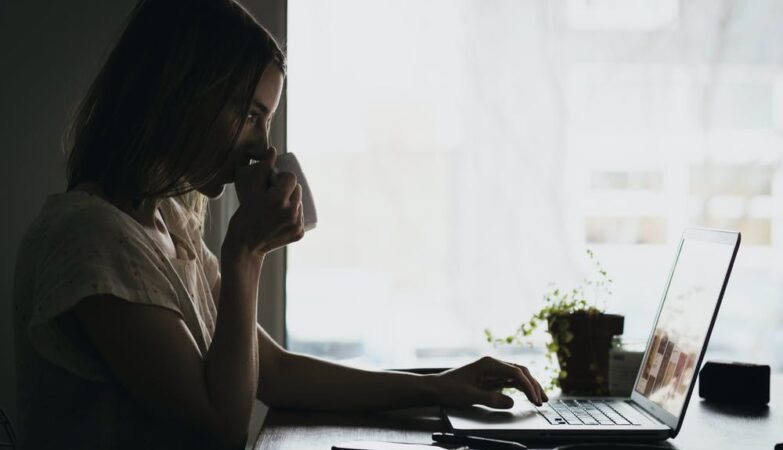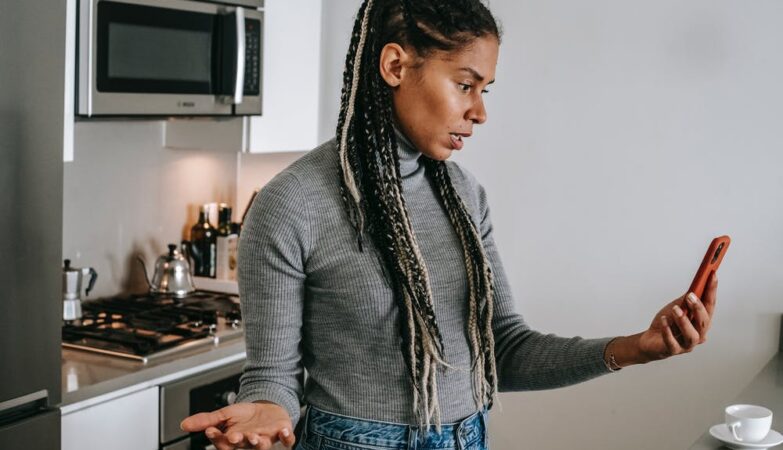Meditation has been one of the most powerful habits that I have implemented in order to live a more successful life.
What is meditation?
Meditation is a practice where an individual uses a technique – such as mindfulness, or focusing the mind on a particular object, thought, or activity – to train attention and awareness, and achieve a mentally clear and emotionally calm and stable state.
I like to think of meditation as a daily tool to organize my thoughts and increase my focus and attention.
It’s the first thing I do after waking up every morning and over time I have realized how much of a difference in makes in my well-being everyday.
I legitimately feel less stressed and anxious, and more productive when I am mediating regularly.
Medititation is a very simple technique, but it is not easy in the beginning.
It is a mental exercise that takes work to focus on one’s breath instead of the countless thoughts that race throughout the mind.
Over time and with regular practice it will become easier as the mind strengthens.
Does meditation really work?

Although the practice has been used for thousands of years, modern science is only now catching up and studying meditation further.
Mindfulness meditation is the branch that seems to be researched the most.
Mindfulness meditation is focusing and keeping your attention on one specific thing such as the breathe.
Meditation has been shown to develop various regions on the brain that increase learning, cognition and memory. It also boosts self-awareness, self-confidence, and self-esteem.
One of the most important aspects of medition is its ability to positvely affect the sympathetic nervous system.
This is essentially our ‘fight or flight’ mechanism.
Helping to deactivate the sympathetic nervous system helps us avoid additional stress, anxiety, and depressionDepression is a mental health disorder that causes a loss of interest or a persistent feeling of sadness. This sadness can negatively affect our daily functioning and how we think, act and feel. More.
This allows us to be less reactional and overly emotional to negative situations that arise in life.
In short, it helps keep us more calm, rational, focused, happier and productive.
Thats quite a trade off for investing 10-20 minutes a day.
How to meditate
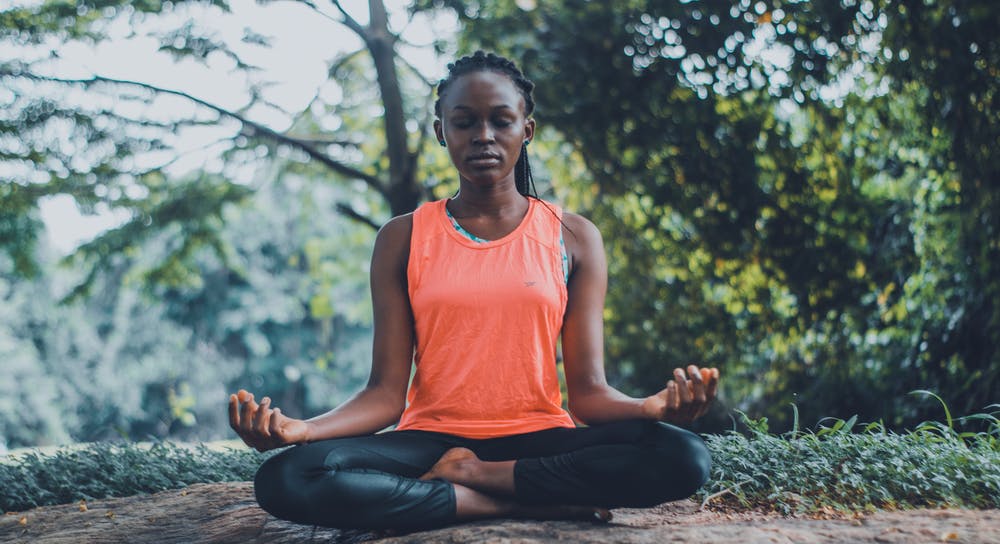
The best way to meditate for beginners is to focus on your breathe as you inhale deeply and exhale deeply.
You can sit up or lie down then take a moment to relax your body.
Become aware of your body’s posture and anywhere you are feeling tension so you relax those body parts even further.
Then focus on your breathing as you breathe in and out.
Allow your thoughts to enter your mind and acknowledge them without dwelling on them.
Acknowledge each thought and then let it go remaining focused on your breathe.
Clear your cache
The way I see it the the mind is like a web browser with too many windows open or too many apps running at the same time.
In the modern world we are constantly inundated and overloaded with stimuliStimuli is plural for stimulus. A stimulus is a detectable change in the environment that affects our sensory systems. Examples are sights, smells, sounds, temperature changes etc. More.
All these stimuliStimuli is plural for stimulus. A stimulus is a detectable change in the environment that affects our sensory systems. Examples are sights, smells, sounds, temperature changes etc. More are processed and collected in mind and reside there.
Using the browser analogy – meditation helps us ‘close out’ all of the ‘apps’ running simultaneously in our head so we can organize and focus our goals better.
My own experience
Having personally suffered from anxiety and depressionDepression is a mental health disorder that causes a loss of interest or a persistent feeling of sadness. This sadness can negatively affect our daily functioning and how we think, act and feel. More at times in life, I can say that meditation has been the single most effective technique for well-being that I continue to use daily.
This is especially true for countless others who use meditation to overcome dysfunction and trauma in the past or their current life.
But it’s just as helpful for those who haven’t.
Furthermore, adding positive affirmations to your meditation ritual is the one-two punch for guaranteed success.

